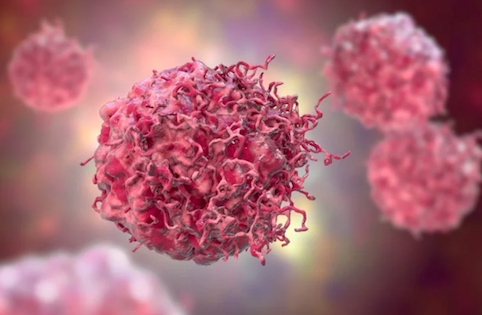
Image credit: shutterstock
An international research team has identified ‘born to be bad’ colorectal tumours in people with early stage cancer, which could help medical experts pinpoint and better treat aggressive tumours.
The team from Monash University in Australia, CRUK Beatson Institute in Glasgow and Queens University in Belfast found a feature of early-stage colorectal tumours in mice and humans, known as TGFβ signalling, that is active in tumour cells and is profoundly tumour-promoting.
In this group of patients, epithelial TGFβ signalling predicted how aggressive, treatment-resistant and lethal the cancer was/is.
Until now, such signalling pathways that identify the ‘bad’ tumours had only been found in late stage cancers. It is believed to be the first time they have been identified in early stage colorectal cancer.
Globally, 1.9 million colorectal cases were diagnosed in 2020, which is projected to grow to 2.2 million by 2030.
Published in Nature Communications, the study used molecular profiling to identify ‘born to be bad’ colorectal tumours that were likely to progress quickly due to the activation of TGFβ signalling in the tumour epithelium.
Joint first author Dr Dustin Flanagan, of the Monash Biomedicine Discovery Institute, said the findings could lead to improved and more personalised treatments for colorectal cancer patients who were likely to experience a relapse.




